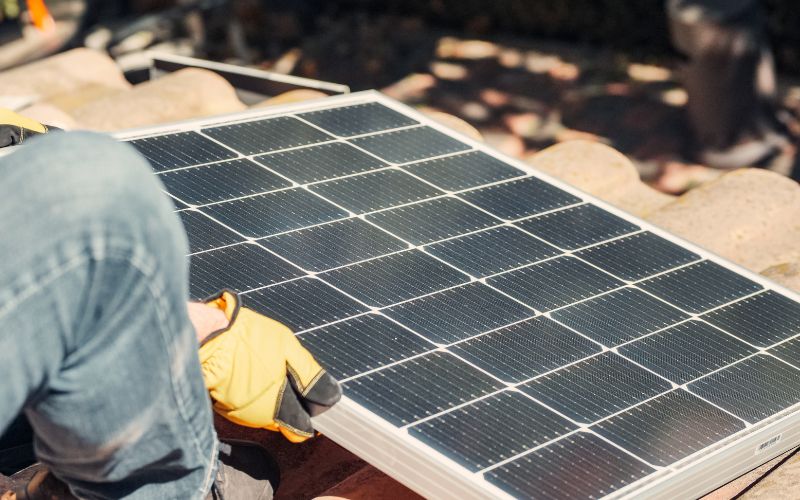
Energy efficiency is becoming one of the significant deciding factors for many Australian home seekers.
More than half of Australians believe that energy efficiency ratings for homes as extremely important, according to REA Group’s PropTrack Energy Efficient Housing Report. The report surveyed 12.7 million Australians that visited realestate.com.au over the period from June 2022 to July 2022.
Despite this high importance on energy efficiency on the side of potential buyers, only 7% of homes listed for sale have an energy efficiency rating declared.
PropTrack senior analyst Karen Dellow said energy efficiency and sustainability have become increasingly important in the property industry given increased consciousness among many of homeowners and buyers about their impact on the environment.
“With the cost of energy bills rising and inflation top-of-mind for many households, energy efficient features, such as good insulation and solar power, are in high demand as they can save money on energy consumption and add value to a home,” she said.
Since 2013, new apartment developments and detached housing have been prescribed to meet a minimum Nationwide House Energy Rating Scheme (NatHERS) rating of 6. This was recently updated when state and federal ministers have agreed to change the standard minimum rating under the National Construction Code to 7 stars.
In the ACT, the requirement to declare the NatHERS rating has resulted in a positive effect on the awareness of both buyers and sellers about energy efficiency.
In fact, the ACT has the highest rating at 6.9, outpacing the national rating of 6.2.
Furthermore, of all states and territories, only the ACT has a significant share of properties that meet the economically optimal rating of 7.5% at 22%.
Still, there remains a room of opportunity for developers to incorporate more energy efficient features into the properties.
“Improving the energy efficiency of housing in Australia will not only reduce energy bills for the owner — according to the Climate Council, but it will also create jobs in the building sector,” Ms Dellow said.
“Rolling out mandatory declaration of NatHERS ratings across Australia could see more of a concerted effort from sellers to improve the energy efficiency of their properties, helping to meet the demand for energy efficient homes from property seekers.”
What makes a home energy-efficient?
An energy efficient home has features that reduce its consumption of non-renewable energy usage, energy wastage, and greenhouse gas emissions.
Here are some of energy-efficient features of homes:
- Smart design
- Insulation
- Energy efficient heating and cooling
- Energy efficient hot water systems
- Solar power
- Window frames, glazing and shading
- Draught proofing
- Ventilation
- Efficient lighting – use of natural light
- Energy efficient appliances – fridges, televisions, washing machines, dishwashers
- Water recycling systems and choosing water saving fittings and appliances
- Building materials – local materials to reduce carbon footprint
According to the survey, solar power is at the top of considerations for many homebuyers searching on realestate.com.au.
Interest in solar power is apparent across all states except in the ACT where buyers are more interested in window glazing and in Tasmania where insulation is the top feature.
What are energy efficiency ratings important?
For many Australians surveyed, reducing their regular energy bills is the top reason why they are putting high importance on energy efficiency.
Around 80% of Australians are concerned about the overall increase in the cost of living, with 75% specifically pointing at the cost of electricity and gas bills, petrol, and groceries.
These Australians also believe that energy efficiency reduces the likelihood of bill shocks.
Other motivations include caring for the environment, own a property that is future-proof, and live in a better-designed property.
—
Photo by Kindel Media from Pexels.
Collections: Mortgage News Property News

 Fact checked
Fact checked

Share